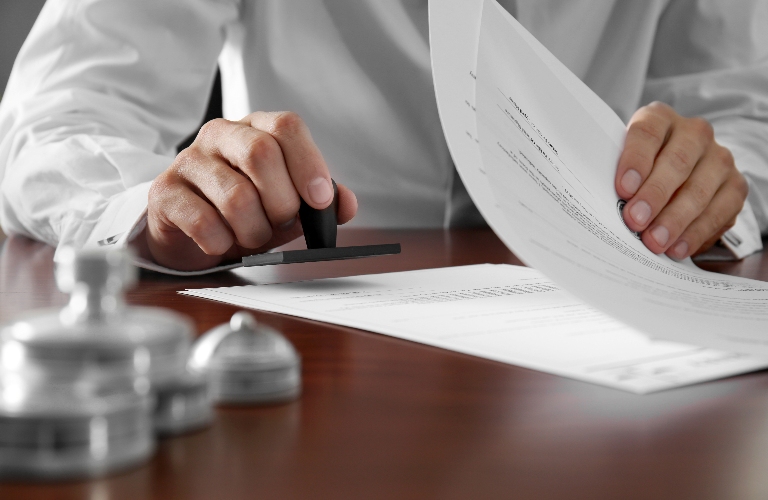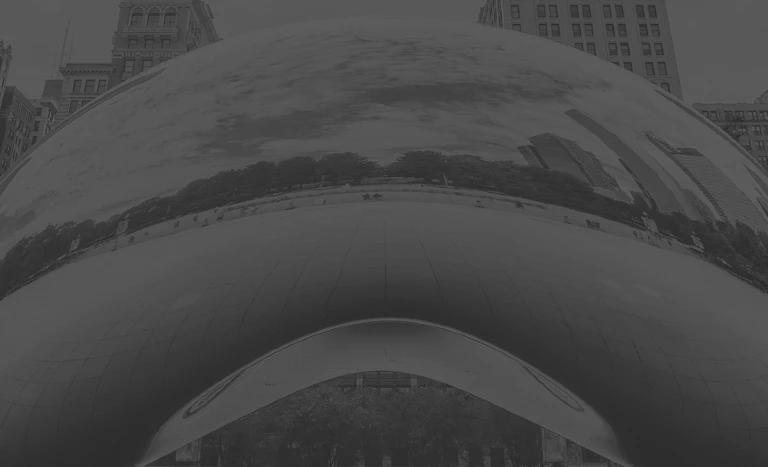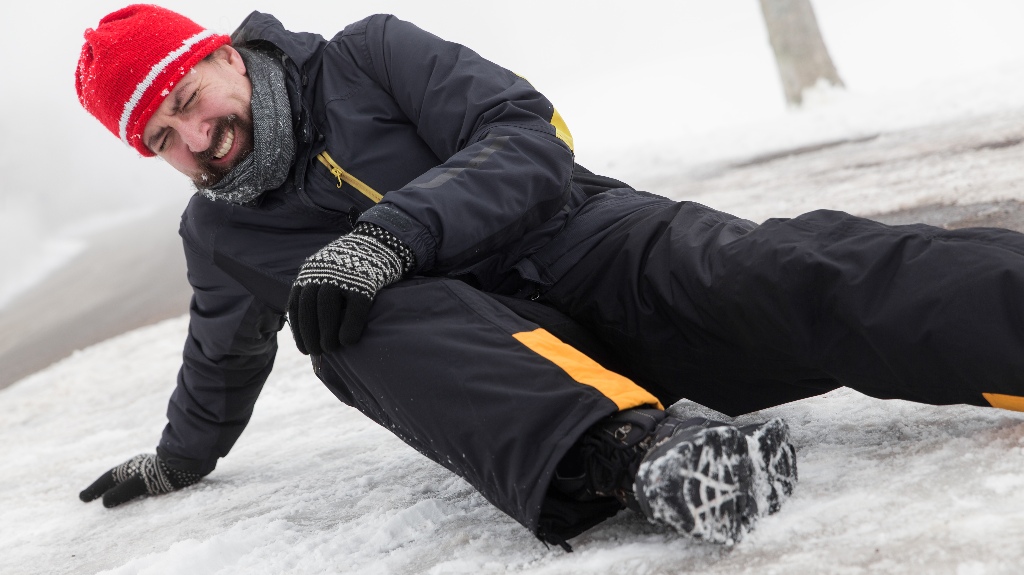How Weather Conditions Complicate Slip and Fall Claims in Illinois
Imagine stepping outside after a light snowfall. The ground looks clear enough, but beneath a thin layer of slush is a slick patch of ice. One wrong step, and suddenly you are on the ground, injured and confused about what to do next. Many Illinois residents know this feeling all too well during the long winter months.
Slip and fall claims are rarely straightforward, and the presence of snow or ice makes things even more complicated. The law in Illinois sets specific limits on when a property owner may be held responsible. That means injured people often face an uphill battle when trying to recover damages. If you have been hurt in a fall caused by bad weather, it is important to act quickly. Contact slip and fall attorney Michael J. Brennan for a free legal consultation and get clear guidance on your options.
How Illinois Weather Creates Dangerous Conditions
Weather in Illinois has a personality of its own. A mild morning can turn into freezing rain by afternoon, and overnight temperatures can transform melted snow into hard ice by the next day. Sidewalks, driveways, and parking lots often shift from safe to dangerous within a matter of hours.
The problem is that these changes occur naturally and without warning. Unlike a puddle inside a store that an employee can mop up, ice on a walkway often forms as part of the natural cycle of melting and freezing. This unpredictability is one of the main reasons Illinois law treats slip and fall accidents in winter differently than other injury claims.
The Natural Accumulation Rule in Illinois
One of the most important legal concepts in weather-related slip and fall cases is known as the natural accumulation rule. In Illinois, property owners are usually not responsible for injuries that result from natural snow or ice. If you slip on snow that fell only hours earlier or on ice formed by freezing temperatures alone, the law generally does not allow a claim against the property owner.
The reasoning is simple. Snow and ice are a fact of life in this region. It would be nearly impossible to expect every property owner to clear all natural buildup immediately. That said, the rule does not provide total protection. When the accumulation of snow or ice is caused or worsened by human actions, liability may still exist.
When a Property Owner May Be Liable Despite the Rule
There are important situations where a property owner can still be held accountable. These cases usually involve some form of negligence or poor maintenance. A few common examples include:
- A business that piles snow in a corner of its lot, causing water to run back across the walkway where it freezes.
- An apartment complex with faulty gutters that leak onto sidewalks and create icy patches.
- A commercial property that fails to follow through with a professional snow removal contract.
In each of these situations, the danger is not purely natural. It is linked to choices or conditions that the property owner could have prevented. Proving this requires strong evidence, including weather records, photographs, and sometimes expert testimony. This is where the guidance of an experienced attorney becomes crucial.
Comparative Fault and How It Affects Your Case

Even if a property owner is found to be partly responsible, Illinois law uses a system called comparative fault. This means the court will also consider whether the injured person shares some blame. If you are found to be more than fifty percent at fault, you cannot recover any damages at all. If you are less than fifty percent at fault, your recovery is reduced by the percentage assigned to you.
For instance, imagine you slipped on an icy walkway outside a store. The property owner failed to clear the area, but you were wearing shoes with little traction. A judge or jury might decide you bear some responsibility for the fall. If they assign you twenty percent of the blame, your compensation would be reduced by that amount. This rule makes it even more important to build a strong case that clearly shows the property owner’s negligence.
Protect Your Rights After a Weather-Related Slip and Fall
Slip and fall accidents caused by snow, ice, or rain are never simple. The natural accumulation rule, the possibility of exceptions, and the impact of comparative fault all make these claims harder to pursue than many people expect. Without legal support, injured individuals often face property owners and insurance companies who are quick to deny responsibility.
If you have been hurt in a weather-related slip and fall in Illinois, you do not have to handle the situation alone. Attorney Michael J. Brennan has the experience needed to sort through the details and fight for fair compensation. Reach out today for a free legal consultation and take the first step toward protecting your rights.


